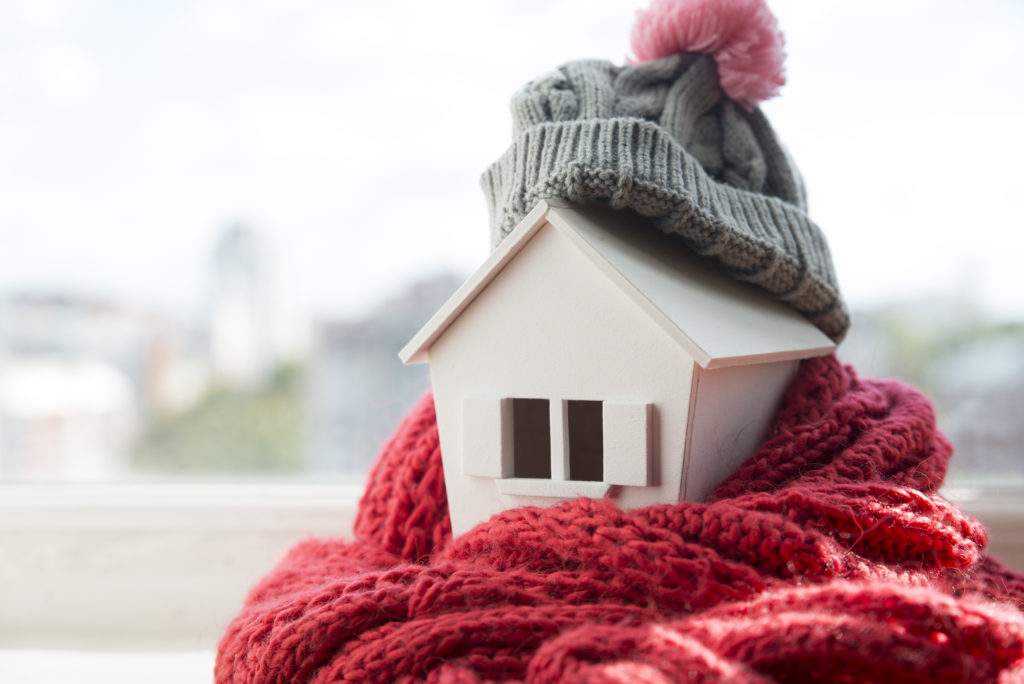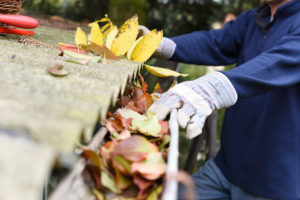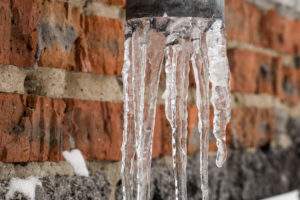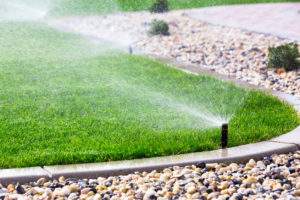Is your home and yard prepared for the colder weather?

As any homeowner will tell you, cabin fever isn’t just a state of mind affecting those who live inside the cabin—it’s hard on the cabin too. Over the winter, snow and cold can wreak havoc on everything from a house’s roof, chimney, pipes, yard and more. And yet, as the weather begins to turn chilly, many homeowners in the Denver area scratch their heads thinking about how to best care for their houses and yards.
Although caring for your property over the winter can instill a sense of unease, there some effective and easy-to-follow steps that will help preserve your house and yard over the long winter months. There is nothing you can do to prevent the freezing temperatures from coming, but there are certainly preventative measures that you can take.
With a bit of proactive planning, you can protect the areas of your home most vulnerable to the elements well before they show up at your door. Here is a winterizing your house checklist with the areas that need the most attention to make sure you, your family and your home make it to the spring intact.
1. The Roof & Gutters

Installing leaf guards keep debris out of gutters for good. Adding gutter extensions ensures that once the snow melts, all of the water flows well away from the house foundation. Also leaking gutter joints can be sealed using a caulking gun. A contractor can inspect your roof for loose gutters and damaged roof shingles.
Make sure chimneys and woodstoves are cleaned thoroughly early in the season to prevent dangerous clogs. Performing these steps in early fall and then double-checking just before the first snow can work wonders in protecting your roof.
2. The Pipes

The best way to prevent this from happening is to remove all hoses and garden equipment from outside spigots, let water drip from the sinks and faucets to keep the water from freezing in unheated pipes and open cabinets in the bathroom and kitchen to allow pipes exposure to heat. You should also test the main shut off valve to prevent it from debris build-up and rust.
Frozen pipes are one of the risks of property damage once the temperature drops and almost 40 percent of frozen pipe failures occur in the basement. A burst pipe can lead to $5,000 of basement water damage or more.
3. The Sump Pump
If your house has a basement, you have one of these unsung heroes. The sump pump is responsible for keeping the basement dry in the spring and summer. However important, it’s a delicate piece of equipment and needs to be properly prepared for winter.
The first thing to do for your sump pump is to test it in the fall by removing debris and filling the pump with clean water. Leave the pump plugged in as water can collect in the basement at all times. Keep a backup pack of batteries in case of a clog or power outage. The last thing you can do in the winter it to remove the extension hose as water can freeze inside and cause a blockage.
As winter fades to spring it important to test the sump pump again to ensure that it’s in good working order as it will be put to the test as the snow melts.
4. The Sprinkler System

That is why it’s very important to winterize your lawn irrigation system. A big part of this is just expelling all of the water—and when we say all, we mean it—out of the sprinkler system and equipment. As mentioned before, it is also important to detach hoses and other watering devices from spigots on the exterior of your home.
If you suspect a frozen pipe in your sprinkler system or anywhere else for that matter, you must take no chances and contact a home restoration expert immediately.
5. The Yard
The last and perhaps the biggest place you should concentrate on to prepare your property for winter is the yard. Let’s face it, so much work goes into creating, presenting and maintaining a great yard and it should come as no surprise that the work does not simply cease once it starts getting cold.
Winter can do a number on your trees, shrubs and lawn. Ice storms, wind and below-freezing temperatures can cause plants and trees to dry out, weaken and to lose branches. Dead leaves leftover from the fall collect moisture and can lead to ugly mossy or mold spots on your lawn.
There are a few things you can do to avoid these problems. Aerate, fertilize and mow the lawn before the first freeze. Also add mulch to trees and shrubs after checking for cracks in the soil around them. If there is a crack in the soil be sure to fill it. Raking is an exhausting, seemingly never-ending process but no one would do it if it wasn’t paramount to maintaining a healthy lawn over the winter. You can sweep the lawn every few weeks over the winter to keep debris off and strictly enforce the ‘No Walking on the Lawn’ rule.
For more information on how to ready your home and yard for winter, you can view this helpful video: Fall Cleanup & Winterization Tips.
Following these cold weather tips for home won’t guarantee that your house makes it out of winter unscathed. There is always a chance that a pipe will burst or a gutter will be clogged. If you find that your house has been damaged over the winter you can call the restoration experts at Abbotts.
